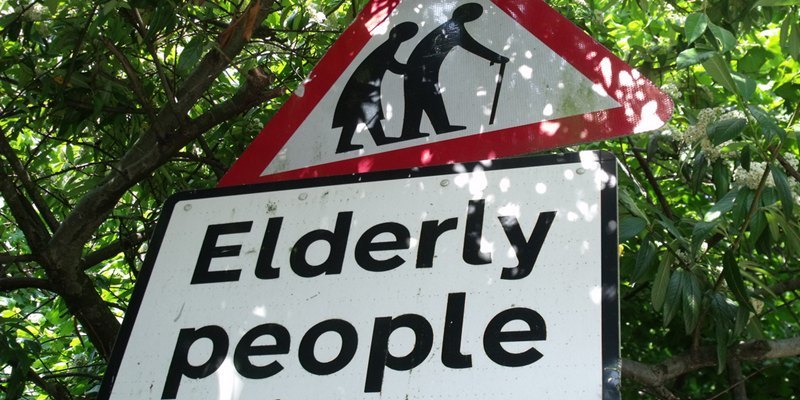Fife’s services for the elderly will have to undergo a major overhaul if hospitals are not to struggle to cope with the demand for beds.
A draft strategy for caring for Fife’s rapidly ageing population drawn up by NHS Fife and Fife Council is being considered by the health board’s operational division committee.
It is geared towards keeping the elderly out of hospital where possible by enabling them to be cared for in their own homes, preventing unnecessary hospital admissions and speeding up hospital discharges.
The report stated, “The most recent population projections published by the General Registrars Office for Scotland shows that, compared to 2008 figures, the number of people aged 65 and over in Fife will increase by 73% by 2033 (from 61,740 to 106,788) and that the number of people aged 75 and over in Fife will increase by over 97% (from 28,302 to 55,979).
“Taking this projected population increase into account, and if services in Fife were to remain as at present, an additional 120,000 emergency admission bed days would be required for people aged 65 and over in 2033 compared to 2008/09 (from 164,921 in 2008/09 to 285,313 in 2033).”
The challenge facing the council and health board was illustrated over the winter. In January, there were over 150 delayed discharge patients waiting to be released from hospital.
After a £500,000 investment from the council and NHS Fife in care packages, that dropped to 117 last month.
It has also been revealed 93 patients passed fit to leave hospital died while waiting to be discharged last year.
Councillor Andrew Rodger, who has spoken out regularly on delayed discharges, said NHS Fife would have to “get their act together.”
And he described the £500,000 funding as “crisis management.”
Mr Rodger said one way of preventing a potential bed crisis was involving GPs in proactively planning elderly care, for example identifying patients who could potentially end up in hospital over winter.
“The most crucial people in this are GPs and NHS 24,” he said. “There needs to be real working with these two because GPs know what their patients’ needs are.
“We need to ensure there are proper services in place, especially for dementia patients.
“I’ll be the first to congratulate them if they get their act together but previously, winter after winter, it’s been a case of crisis management and throwing money at the situation.
“The solution is in the community.”
The plan covers aspects of elderly care from preventing isolation in the community to faster access to any equipment and adaptations an elderly person might need to live at home.
Other measures include support for carers and community-based medical services for geriatric patients.
The draft report said, “If health and social care services continue to be arranged as at present, the increasing older population will result in a huge increase in demand for inpatient beds, care home places and home care.
“Thus the challenge exists to carefully review current practices and seek opportunities to redesign health service and care processes in order to meet the demands of changing demographics.”
Photo used under Creative Commons licence courtesy of Flickr user ell brown.
